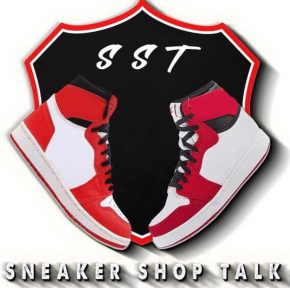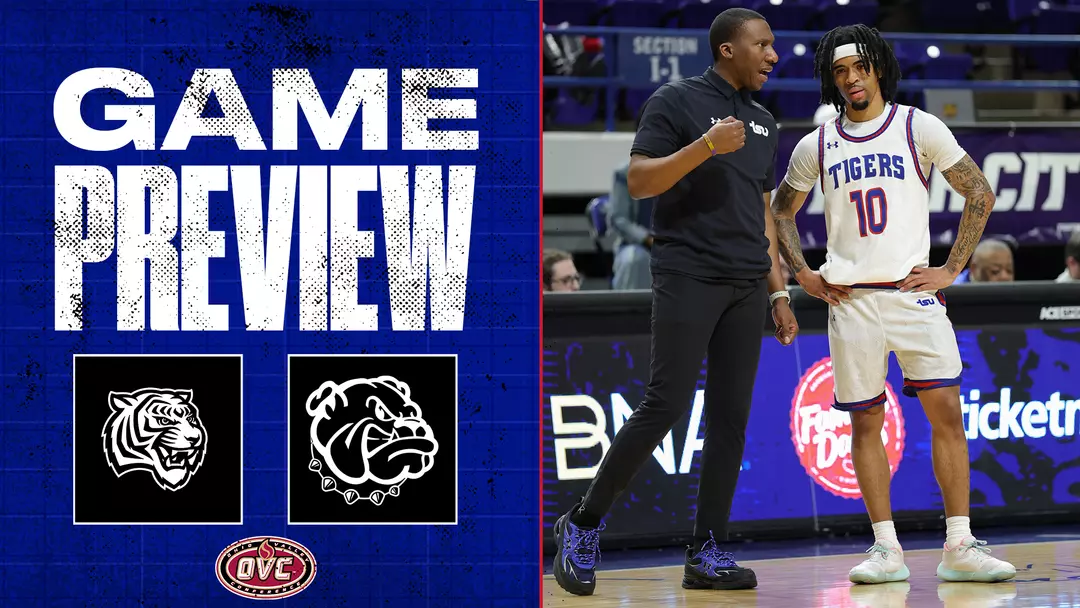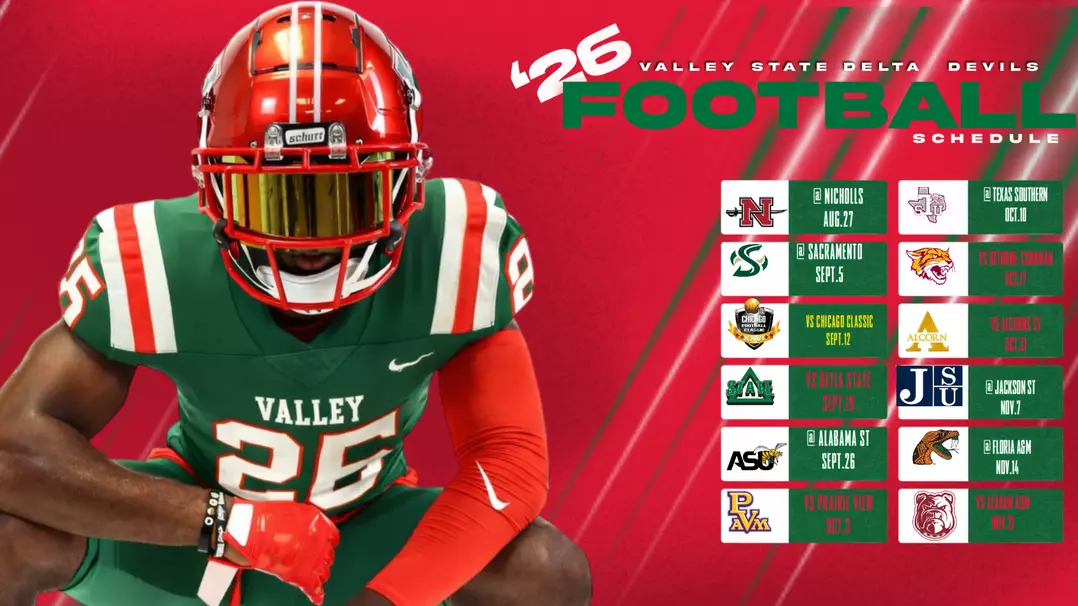Courtesy of the Mid-Eastern Athletic Conference and the NCAA
The NCAA department of inclusion, education and community engagement broadened its reach in supporting diversity-focused programming with its sponsorship this year of the Black Student Athlete Summit in Los Angeles. The University of Southern California hosted the summit, which wrapped up Wednesday.
The Black Student Athlete Summit, which first took place in 2015, is a four-day conference that continues to grow in attendance and interest. This year’s event welcomed more than 1,400 student-athletes, professionals and influencers in athletics who discussed key topics that impact Black student-athletes, including issues on their campuses and in their communities. The conference was also instrumental in helping the athletes grow as leaders and become more competitive in the job market.
“The Black Student Athlete Summit is a one-of-a-kind experience for both student-athletes and administrators,” Felicia Martin, NCAA senior vice president for inclusion, education and community engagement, said. “Dr. Leonard Moore, who is the founder and executive director of the summit, and his team have created a unique space for
research, an exchange of data and best practices, all while illuminating, celebrating and uplifting the Black student athlete experience. NCAA inclusion, education and community engagement is proud to attend and participate in such an exceptional gathering.”
“The NCAA has been an amazing partner of this year’s summit,” Moore said. “In particular, their support of eight HBCU Fellows allows the summit to expand our reach to student-athletes at HBCUs. Further, the NCAA’s office of inclusion, education and community engagement also serves as a thought partner of the Black Student Athlete
Summit. This collaboration allows us to remain proactive in meeting the holistic needs of Black student-athletes.”
This year’s summit included a career combine; corporate recruiting and entertainment events; presentations from thought leaders; and engagement activities for Black student-athletes, administrators and other professionals.There were also sessions on specific topics such as Black student-athlete mental health, Black athlete performance and success in life, and strategies to help athletes transition out of sport and develop their personal brand. In addition, sessions and discussions were held for professionals who work with student-athletes, including athletics diversity and inclusion designees and conference administrators.
Solomon Siskind, a 2022-23 NCAA postgraduate intern in inclusion, education and community engagement, was impacted by his experience at the summit as a junior football student-athlete at Massachusetts and later helped bring the summit to the Northeast region. Siskind advocated and helped to solidify the NCAA’s sponsorship.
“I had the opportunity to attend the Black Student Athlete Summit as a student-athlete, and the impact it had on me, personally and professionally, was immeasurable,” Siskind said. “The summit provides a space for Black student-athletes to gather and build community with other Black student-athletes and professionals from institutions all over, while speaking about and learning about topics related to their experience. It is a place to connect, learn and develop while being seen, heard, valued and empowered to go back to your campus and make change.”
While at Massachusetts, Siskind noticed the interest and the attendance from other student-athletes from that geographical region who attended the same year he participated. With collaboration from New England schools and groups in the area, they were able to bring the summit to the New England area in a virtual platform due to the COVID-19 pandemic. Siskind said the collaboration was also a mini test run for the Black Student Athlete Summit being hosted on a campus other than its normal home at the University of Texas at Austin.
In addition to its sponsorship of the summit, the NCAA also funded eight HBCU Student-Athlete Fellows, who were selected by their conference offices. IECE invited two student-athletes from each of the four conferences for historically Black colleges and universities and covered their registration, hotel accommodations and travel.
HBCU Fellows who attended were Ishana Asinor, Morgan State women’s track & field, and Charles Brown Jr., Delaware State football, from the Mid-Eastern Athletic Conference (MEAC); Tyler Pendergrass, Fort Valley State men’s basketball, and Kayla Chance, Savannah State women’s cross country and track & field, from the Southern Intercollegiate Athletic Conference (SIAC); Ashanti Turner, Bowie State women’s track & field, and K’ymon Pope, Virginia State football, from the Central Intercollegiate Athletic Association (CIAA); and Simeon Womack, Bethune-Cookman men’s basketball, and Kiri Parker, Alcorn State softball, from the Southwestern Athletic Conference (SWAC).
Pope talked about his experience and the impact.
“Having this opportunity means a lot to me, especially with the resources and connections you’ll get from attending,” Pope said. “Being considered by my conference has given me more confirmation and confidence of my readiness in the business world and the ability to branch out and build relationships with great like-minded and ‘look-alike’ people.”
Parker focused on her favorite parts of the summit that will help her after the event.
“My favorite parts were being around Black excellence and Black student-athletes who understand the struggles of an athlete and being Black,” Parker said. “This summit has given me meaningful takeaways as far as how to conduct a short but effective elevator pitch, and resume tips that will help me stand out from other candidates.”




